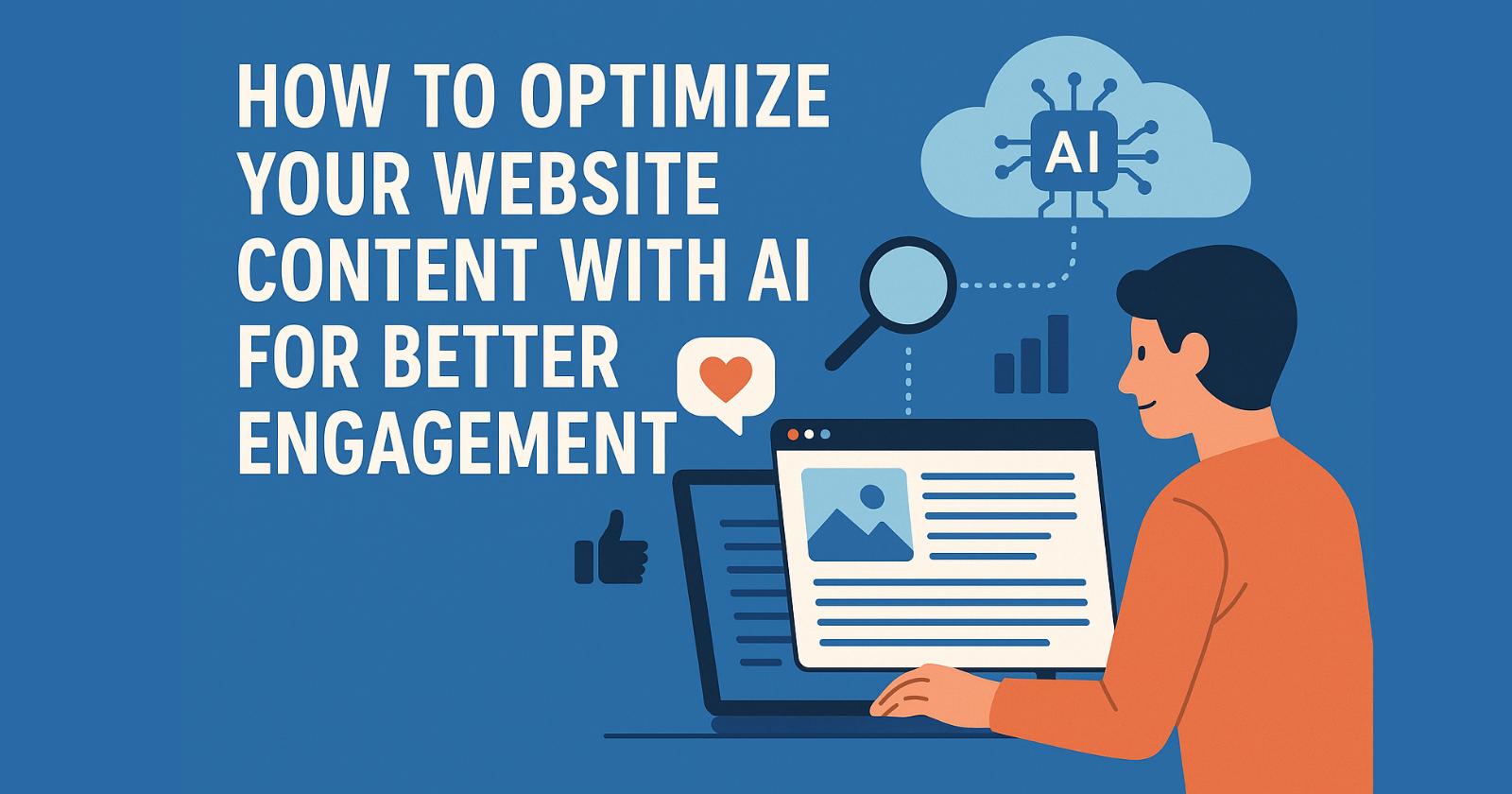Running Google Ads without strategy is like pouring water into a bucket with holes. Many businesses spend hundreds or even thousands on clicks but struggle to see real returns. The good news? You can stop the waste and start seeing better results with smart, simple actions.
In this guide, you’ll learn how to protect your ad spend from being drained by low-performing keywords, vague targeting, and missed tracking opportunities. Whether you’re just starting or trying to fix underperforming campaigns, these insights will help you regain control.
And if you’re looking to get matched with top Google Ads talent, explore how Buzzz connects businesses with specialists who get performance right from the start.
Why Budget Waste Happens in Google Ads
Most advertisers don’t waste money on purpose. Budget loss often comes from unclear goals, weak targeting, and lack of tracking. When campaigns are rushed or based on assumptions, Google’s algorithm doesn’t have enough data to optimize efficiently.
Understanding how waste happens helps you stop it:
- Too many broad-match keywords
- Ads running without conversions being tracked
- Unfocused landing pages
- Poor location targeting
- Ignoring mobile vs desktop performance
You don’t need a massive overhaul-just a tighter grip on your structure, targeting, and goals.
Clarify Campaign Goals Before Spending
The first rule of saving money in Google Ads? Know exactly what you want each campaign to do.
Ask yourself:
- Are you driving leads, sales, or traffic?
- Do you want phone calls or form fills?
- Are you focused on a product launch or brand awareness?
Each goal affects your bidding strategy, ad copy, and keyword selection. Without clarity, Google won’t know how to optimize.
Choose a single goal per campaign and track the exact conversion action tied to it.
Target Smarter, Not Wider
It might seem logical to cast a wide net, but overly broad targeting is one of the fastest ways to waste budget.
Here’s how to narrow your focus:
- Use exact match or phrase match for early-stage campaigns
- Build separate campaigns for branded and non-branded keywords
- Exclude irrelevant locations using geo-targeting
- Avoid audience overlap between campaigns
- Use demographic exclusions to avoid showing ads to unqualified segments
Narrow targeting improves relevance, lowers cost-per-click, and increases conversions.
Use Negative Keywords Like a Pro
Negative keywords are your best defense against irrelevant clicks.
Examples:
- If you sell premium services, exclude “free” or “cheap” terms
- If you’re a local service provider, block “online” or “remote” phrases
- Avoid misleading clicks by adding terms related to competitors or unrelated industries
- Exclude general research terms like “examples,” “how-to,” or “what is” unless educational content is your goal
Update your negative keyword list weekly based on search term reports.
Optimize for Mobile and Desktop Separately
Your users don’t behave the same on mobile as they do on desktop. Yet many advertisers treat both the same.
- Use device bid adjustments
- Check mobile CTR vs. desktop CTR
- Make sure landing pages are mobile-first
- Track call conversions from mobile visitors
- Build mobile-specific campaigns when you have a high percentage of mobile users
Mobile traffic often has higher volume, but it needs focused messaging and fast-loading pages.
Cut Spend on Low-Performing Keywords
Track your keywords like a stock portfolio. If they’re not bringing returns, pause or refine them.
Metrics to monitor:
- Low click-through rate (CTR)
- High cost per click (CPC)
- Low conversion rate (CVR)
- Poor Quality Score
- Bounce rate or low average time on site from ad traffic
Google rewards relevance. So if your ad isn’t matching user intent, your costs rise and results drop.
Use keyword-level data to know when to cut or double down.
Build Landing Pages That Convert
Sending users to a cluttered homepage? You’re likely wasting money.
Every ad group should have a matching landing page that:
- Aligns with the ad copy and headline
- Loads fast on mobile and desktop
- Has one clear call to action
- Removes distractions (no menus or links away)
- Uses clear visual hierarchy and white space
Use tools like Unbounce or Instapage to build focused pages without developers.
Monitor Campaigns Every Week
Set a time on your calendar to review Google Ads at least once per week. Look at:
- Which keywords drove conversions
- Which devices performed best
- How ad variations compare
- Whether budget is being fully spent or capped too early
- Impression share lost to budget or ad rank
Even small tweaks, done consistently, will reduce waste.
Optimizing Your Google Ads Campaigns Is Key
It’s not about setting up your campaign once and walking away. You have to test, refine, and adjust weekly.
Here’s how:
- Use A/B testing on headlines and CTAs
- Test different bidding strategies (manual vs. smart)
- Add new negative keywords from your search terms
- Monitor competitor ads for messaging ideas
- Adjust geographic or audience targeting based on results
These steps fall under the umbrella of optimizing your Google Ads campaigns, which helps you stretch every dollar further.
Use Smart Bidding With Caution
Smart bidding sounds great, but it works best with solid historical data. If you’re new or don’t have conversions yet, start with manual CPC.
Once you collect enough data:
- Switch to Maximize Conversions or Target CPA
- Monitor CPA and ROAS over time
- Don’t let automation take over without review
- Run experiments to compare manual vs. automated performance before switching
Even with smart bidding, human oversight prevents your budget from drifting.
Consider Time-of-Day and Day-of-Week Adjustments
If you notice your ads perform better on weekends or during lunch hours, set ad schedules to match.
This way, you’re not paying for clicks when your audience isn’t active.
Use ad schedule reports to analyze trends and adjust bids accordingly.
Track impression share by time segment to avoid missed opportunity during peak hours.
Final Thoughts
Avoiding wasted spend isn’t about cutting your budget-it’s about spending smarter. With clear goals, tighter targeting, focused keywords, and regular optimization, you’ll start seeing more leads and lower costs.
And if you want expert support, Buzzz connects you with seasoned Google Ads pros who know how to cut waste and boost ROI.
Smart advertisers don’t just spend. They optimize, review, and improve. That’s how you win with Google Ads.




